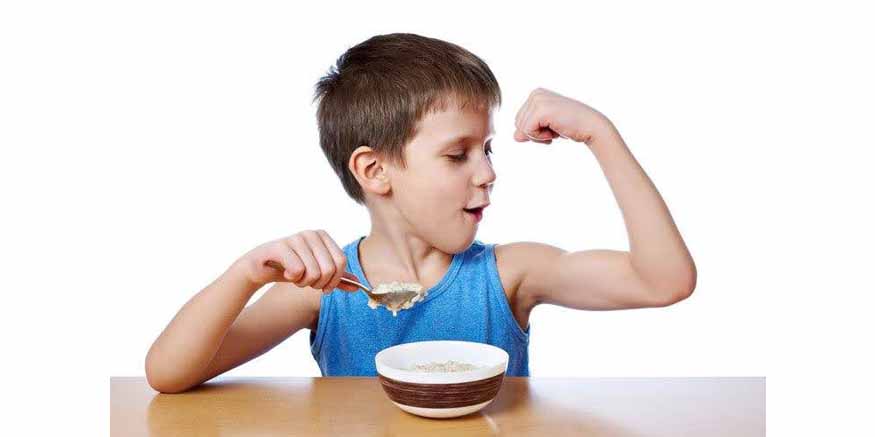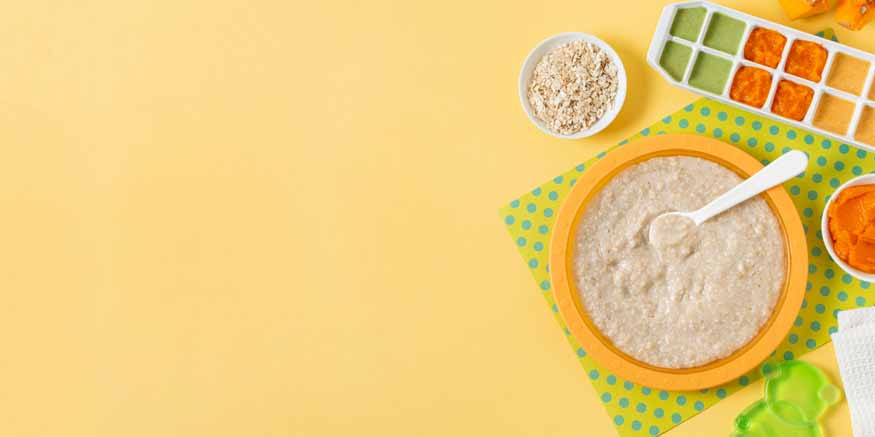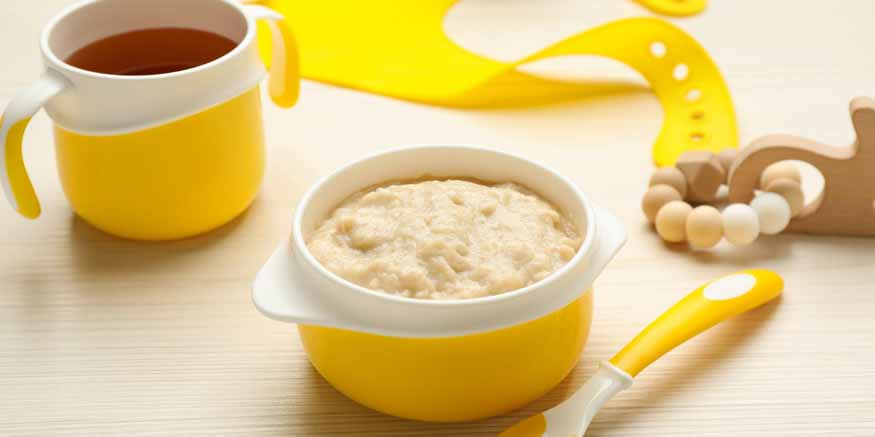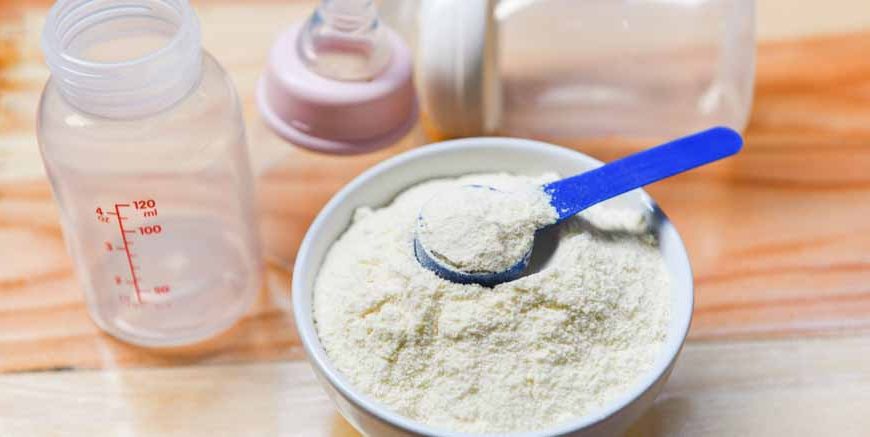Over the last few years, the intake of protein products has not been limited to athletes and the gym aware population but also spans across all individuals including children. This article looks into all the aspects of protein supplementation for children; the concerns, the advantages, the option and all that parents ought to consider when deciding on the nutrients to feed their children.
Table of Content:
- Protein Powder for Kids
- Is Protein Powder Good for Kids?
- Best Protein Powder for Kids
- Homemade Protein Powder for Kids
- Is Protein Powder Safe for Kids
- References
Protein Powder for Kids:
Protein is a major macronutrient that is needed for the growth and development processes, as well as for proper functioning of various body tasks. As a rule, children in developed countries with proper dietary habits do not need protein supplementation, nevertheless there are some occasions when supplementation might be essential. There are protein powders for children with special nutritional needs or with special needs that have been developed to cater for children’s nutritional needs, and while they may contain protein content, they can also have other components.
Is Protein Powder Good for Kids?

It is still difficult to answer what is the role of the protein powder for kids since there is no usual answer for such kinds of products. However, there are situations where protein supplementation might be beneficial:
- Picky Eaters:
- Vegetarian or Vegan Diets:
- Athletes and Active Children:
- Medical Conditions:
In some children, food selectivity along with sensory concerns will lead to diets lacking in proteins & nutrients.
Complete proteins can also be a concern at times due to choice type diet and thereby supplementation may be warranted.
For instance, an active child or a youngster participating in sports activities might require additional amounts of protein to develop muscles or repair the muscles that exertion has pulled.
These health conditions may require a higher protein or might simply make it hard for children especially during their growing years to get enough protein from foods.
Isolating the potential factors underlying this phenomenon, we can point out that to incorporate protein powder into a child’s diet, one has to seek advice from a pediatrician or a registered dietitian first.
They also observed that a high protein intake has some drawbacks; this can be pressure on the kidney and liver plus, of course, it can lead to the client gaining unnecessary weight.
Best Protein Powder for Kids:
When selecting a protein powder for children, several factors should be considered to ensure safety and effectiveness:
- Age-appropriate Formulation:
- Quality Ingredients:
- Allergen Considerations:
- Taste and Texture:
- Protein Source:
- Additional Nutrients:
- Third-party Testing:
Ensure that you purchase products that are labeled ‘Children’s’ in the market because most of what is manufactured in the market is usually tailored to meet the nutritional needs of children.
Select powders free from addictions such as synthetic sweeteners and other fillers or binders, where possible.
One must also be careful when choosing protein powders because some are prepared from products that have been allergens such as dairy, soy or nuts.
Choose the flavors and textures of food that your child will want to eat to make sure that he or she will cooperate.
Whey protein is considered to be a complete protein one because it has high digestibility, which makes it popular among fitness seekers.
There are some protein powders that are specifically designed for use in kids and they have additional vitamins, minerals and other compounds for development.
Take care to select products that have undergone certification from a third-party laboratory regarding actual purities and conformity to the labels.
Some reputable brands that offer protein powders formulated for children include:
- Orgain Kids Protein Organic Nutritional Shake
- Garden of Life Kids Organic Plant-Based Protein
- KidzShake Nutritional Protein Shake for Kids
- Healthy Heights Grow Daily Kids Protein Powder
Homemade Protein Powder for Kids:

Here’s a simple recipe for a homemade protein powder:
Ingredients:
- 1 cup raw almonds
- 1 cup raw cashews
- 1 cup rolled oats
- 1/2 cup chia seeds
- 1/2 cup hemp seeds
- 1/4 cup unsweetened cocoa powder (optional, for flavor)
Instructions:
- In the food processor, chop the almonds and cashews until they are ground finely.
- Incorporate oats, chia seeds, and hemp seeds into the mixture and pulse until well incorporated.
- If using, add cocoa powder and pulse to Eat delicious!
- Keep the mixture stored in an airtight vessel to preserve it in the refrigerator for some time.
Other ideas for boosting protein intake naturally include:
- Adding Greek yogurt or silken tofu to smoothies
- Incorporating nut butters into snacks and meals
- Using legume-based pasta or flour in cooking
- Offering edamame or roasted chickpeas as snacks
Is Protein Powder Safe for Kids?
First of all, the issue of the— to a certain extent— safety of protein powder in relation to children remains an important and relevant issue among parents and healthcare providers. Here are some key safety considerations:
- Regulation:
- Contaminants:
- Allergic Reactions:
- Digestive Issues:
- Interference with Appetite:
- Excessive Protein Intake:
Especially, it should be mentioned that protein powders are not a pharmaceutical product that is why they cannot be strictly compared to medications as they are not restricted by FDA.
The docket truth is that certain protein powders include toxic things such as heavy metals, pesticides, or other elements. To counter this risk, it is advisable to acquire standardized products from well-known brands and search for information on third-party testing certificates.
Sometimes, additional supplements like protein powders could contain appetite, for example, milk, soy, or nuts, which could cause adverse reactions in sensitive individuals. Children who are sensitive to certain products and foods and those with allergies should be taken care of when choosing the items to purchase.
In this case, some children may have different stomach problems, which may also include swelling or gaseous formation of stomach, development of constipation especially when they take protein supplements.
In this case, some children may have different stomach problems, which may also include swelling or gaseous formation of stomach, development of constipation especially when they take protein supplements.
Was mentioned that though occurrences are rare, excessive intake of protein also burdens the kidneys and liver for children with other illnesses.
When choosing protein powders meant for children, some brands come bearing copious quantities of sugar or artificial sweeteners – both of which have detrimental effects on children’s teeth and are unnecessary in terms of calorie consumption.
To ensure the safe use of protein powder for children:
- One should always seek the permission of a pediatrician or a registered dietician before adding any supplement into the food chain.
- Dose initiation should be done with small amounts and Canzler et al (2013) advises that the patient should be observed for any side effects.
- Protein powders should not be a direct substitute for an individual’s diet but simply enhance the amount of proteins that they are already taking naturally.
- Use some products recommended for use in children and from well known companies.
- Supplementation should not be a permanent fix to a child’s nutritional problem and should be reviewed from time to time depending on the available diet and nutritional needs.
Therefore, protein powder can be considered as one of the effective means, helping children to consume adequate amounts of nutrients in certain situations.
However, excessive supplementation and its intake should be done with professional help and proper consultation.

In conclusion, every decision of using protein powder must involve consultation with a pediatrician and a nutritionist considering the current and desired dietary program of the child, as well as his or her health conditions and needs. When it comes to making decisions and opting for healthy foods for their children, the parents are encouraged to make the right choices and select foods with little to no processing.
For more such interesting blogs, Visit EuroKids














